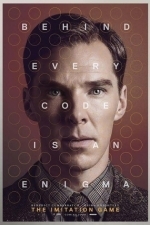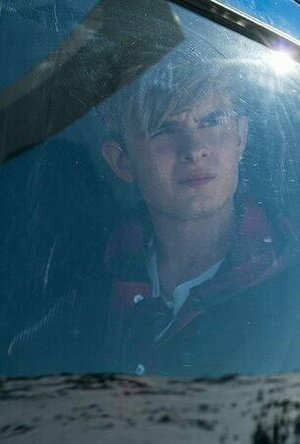
Alex Rider - Season 1
TV Season Watch
When Alex Rider learns that his uncle Ian has been killed in the line of duty as a British spy –...
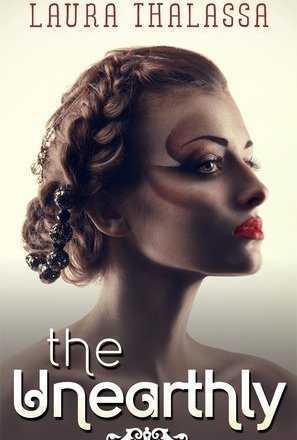
The Unearthly (The Unearthly #1)
Book
The first time I was declared dead, I lost my past. The second time, I lost my humanity. Now I’m...

The Year After You
Book
Up in the Alps, Cara's old life feels a million miles away. Nobody at Hope Hall knows her past. With...
Fiction YA

Wild Cards
Book
After getting kicked out of boarding school, bad boy Derek Fitzpatrick has no choice but to live...
Simone Elkeles Wild Cards Young Adult Young Adult Fiction
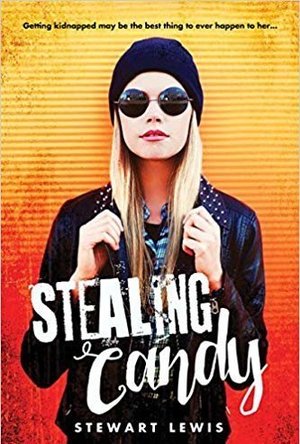
Stealing Candy
Book
Candy hates boarding school. As a junior, graduation is still eons away, and making films is the...
Stewart Lewis Stealing Candy Kidnapping Kidnappers Road trip Romance
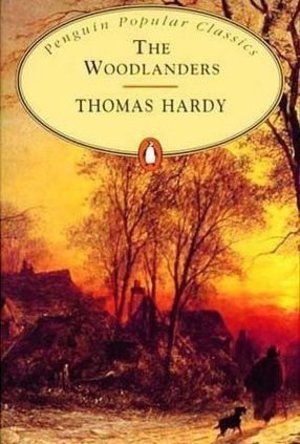
The Woodlanders
Book
Passion and money, beauty and ambition, these are the opening themes in The Woodlanders, a novel...
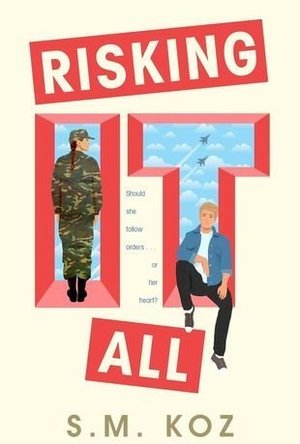
Risking It All
Book
A high-achieving teen who’s determined to become a fighter jet pilot is matched up with an accused...
Contemporary Romance Young Adult
David McK (3676 KP) rated The Imitation Game (2014) in Movies
Feb 26, 2022
This flits back and forth between three timelines: the 1950s (just before Turing committed society, after being found guilty of Homosexual behaviour, which was outlawed at the time), the late 30s/early 40s (his work at Bletchley) and the 1920s (his childhood at a public boarding school, where he was bullied).
Cumberbatch manages to bring a different aura to his portrayal of Turing than he did previously to Sherlock - even though both are geniuses who struggle with a low EQ (Emotional Quotient) - while Kiera Knightley does her period piece acting as his fellow (perhaps even smarter) codebreaker Joan, who has to also put up with the misogynistic attitudes of the time.
And yes, the Imitation Game of the title is a real philosophical conundrum (which is described during the movie itself).
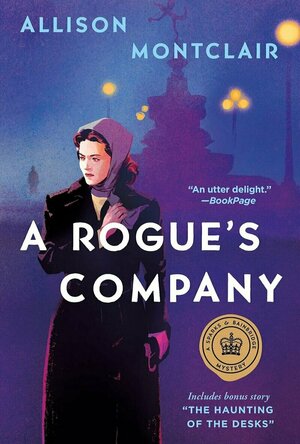
A Rogue’s Company
Book
In Allison Montclair's A Rogue's Company, business becomes personal for the Right Sort Marriage...
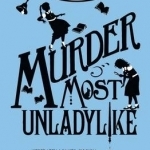
Murder Most Unladylike: A Murder Most Unladylike Mystery
Book
When Daisy Wells and Hazel Wong set up their very own secret detective agency at Deepdean School for...
